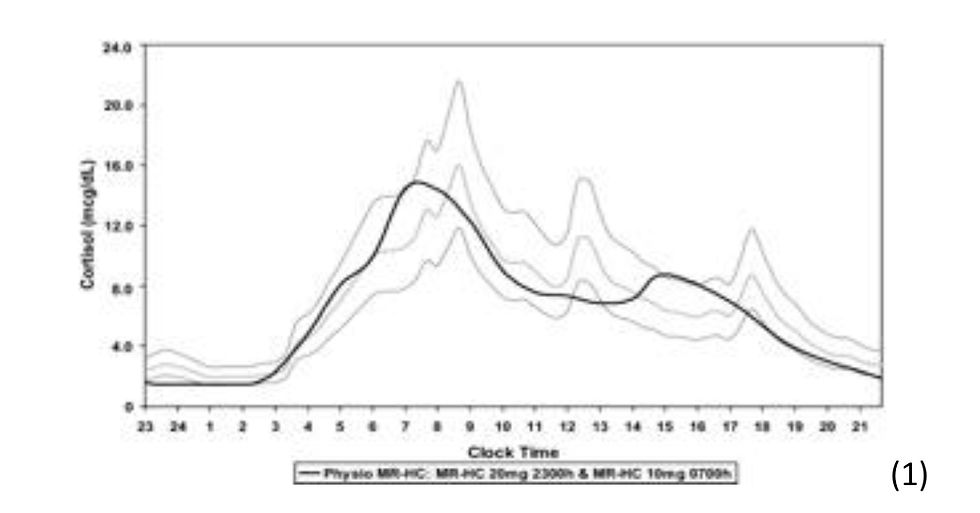"I really struggle to get going in the morning without a caffeine fix"
- Sally Parr

- Aug 12, 2018
- 2 min read
Updated: Aug 22, 2018

Although it sounds like a short-cut to getting going for the day, early morning is actually the worst time to have a coffee! Drinking it soon after waking is counterproductive, because firstly, you won’t be getting the full effect of the caffeine boost to your system and secondly, you’ll start to build up tolerance for it - which means you’ll need more and more to achieve the same buzz! That’s because cortisol (which you may have heard referred to as ‘the stress hormone’ because it shows up in our system when we are anxious or scared) also controls our circadian clock – the natural hormonal rhythm that helps us to get going in the morning and slows us down towards bedtime. Cortisol levels are highest first thing, with your body releasing it to help you get out of bed. But because caffeine can interfere with cortisol production, your body starts to rely on the caffeine you’re consuming soon after waking, so you’ll produce less cortisol. Having a coffee when cortisol levels are already high can also lead to increased tolerance for caffeine, with caffeine replacing the cortisol boost rather than supplementing it. You’ll see from the chart below that, for most people, cortisol production tends to peak between 7and 8am. So it makes sense that if you just can’t give up caffeine, enjoying a cup during the first cortisol ‘slump’ (between around 10-12am) won’t interfere with your body’s natural mechanisms for keeping alert during the day, and it’s far enough away from bedtime not to keep you awake. (1)

And if you were wondering exactly when the caffeine cut-off point during the day was, another study (2) showed that participants drinking a double espresso three hours before bedtime had a delayed melatonin surge (which helps send you off to the land of nod) of forty minutes! It might not sound like much, but it produces a shift in your circadian clock that can make it harder to get up the next day, leaving you feeling sluggish and out of sorts.
1. Debono, M., Ghobadi, C., Rostami-Hodjegan, A., Huatan, H., Campbell, M.J., Newell-Price, J., Darzy, K., Merke, D.P., Arlt, W. and Ross, R.J. (2009) ‘Modified-release Hydrocortisone to provide Circadian Cortisol profiles’, The Journal of Clinical Endocrinology & Metabolism, 94(5), pp. 1548–1554. doi: 10.1210/jc.2008- 2380.
2. Burke, T.M., Markwald, R.R., McHill, A.W., Chinoy, E.D., Snider, J.A., Bessman, S.C., Jung, C.M., O’Neill, J.S. and Wright, K.P. (2015) ‘Effects of caffeine on the human circadian clock in vivo and in vitro’, Science Translational Medicine, 7(305), pp. 305ra146–305ra146. doi: 10.1126/scitranslmed.aac5125



Comments